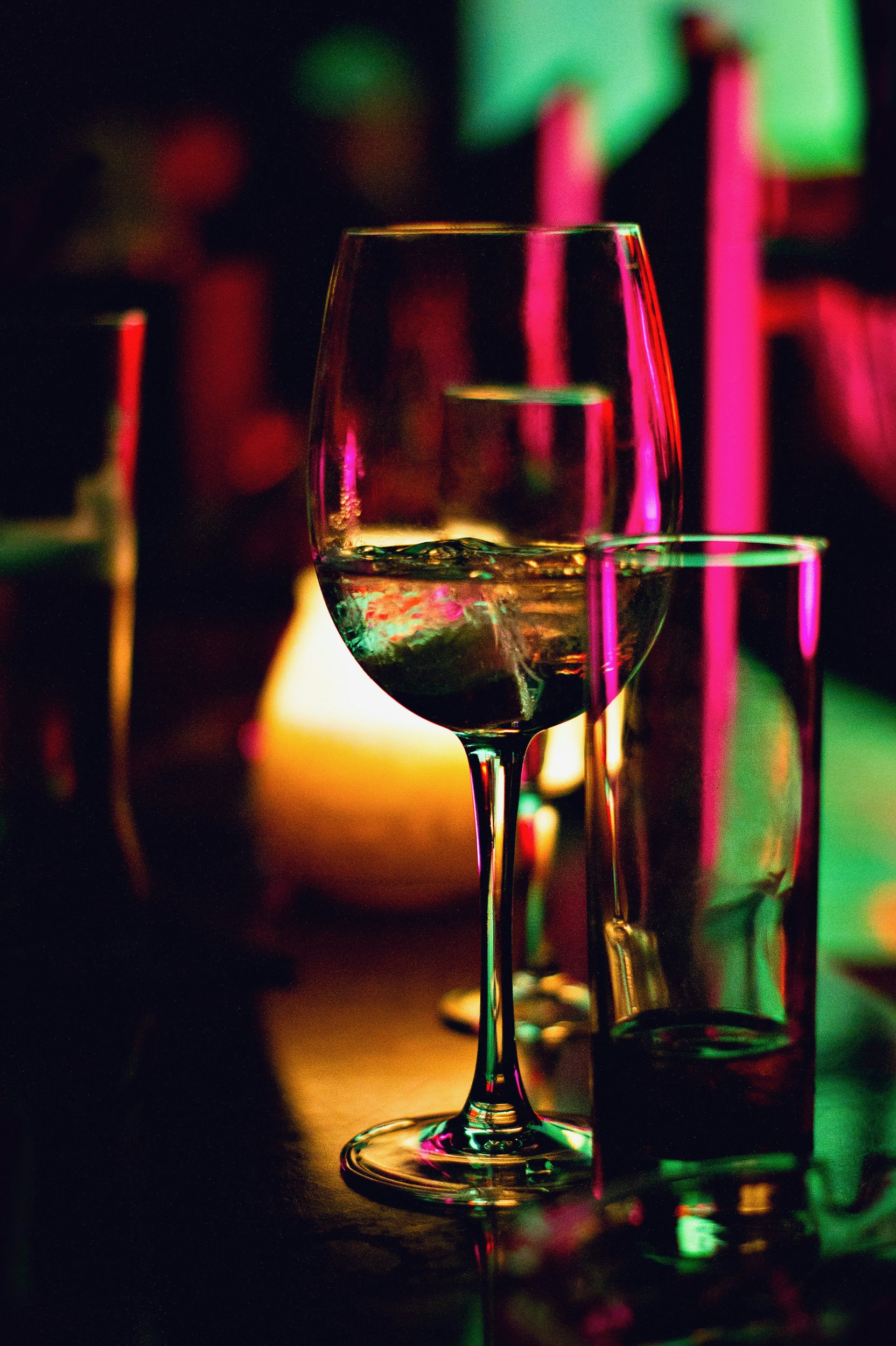How does Alcohol Impact Your Sleep?
Alcohol has a sedative effect that someone might mistake as relaxing or helpful with sleep, but from a physiological perspective that is not the case.

The association between alcohol and sleep is confusing to many. Alcohol is a central nervous system depressant, meaning it slows down all of the functions of your brain ranging from thinking to breathing and other automatic functions.
Alcohol and Sleep Quality
Alcohol consumption affects sleep in a few ways. Once it is absorbed into the bloodstream after being filtered through the stomach and small intestine, alcohol travels throughout the body. The concentration of alcohol hits most organs equally, except for the liver which receives a higher “dose” due to its proximity to the small intestine and stomach. Importantly, it spreads throughout the brain. The process for alcohol to cross the blood brain barriers occurs in approximately 5-10 minutes.
When alcohol hits the brain, it impacts a few neurotransmitters including GABA, which helps regulate the nervous system. Alcohol interferes with the body’s ability to produce GABA and mimics its effects, slowing down our brain’s activity. This is when we might notice someone having difficulty speaking or walking after consuming larger quantities of alcohol, or notice them feeling drowsy.
After some of the alcohol is metabolized, excitatory glutamate is released which has more of an activating effect. Glutamate disrupts sleep when it enters the reticular activating system, which regulates sleep/wake processes.
This is why we tend to see lower sleep quality and quantity after a night of drinking alcohol, which is shown by higher REM suppression and stage 1 sleep in the 2nd half of the night, and less slow wave sleep with chronic alcohol use.

Alcohol as a Sleep Aid
Most can relate to not feeling great after drinking larger amounts of alcohol, which can be in part due to the poor quality sleep that we just received. However, this does not always stop people from starting to rely on alcohol as a sleep aid. Research in this area has consistently demonstrated that it only takes a few days to build tolerance to the amount of alcohol being used to induce drowsiness. This can, unfortunately, lead to greater quantities over time and increase the likelihood of alcohol dependence.
Alcohol and Breathing During Sleep
Remember how alcohol can find its way to all brain regions, thus impacting all functions? It’s important to remember that alcohol’s role as a central nervous system depressant can have dangerous implications when layered on top of other sleeping issues or medical diagnoses. This is certainly the case for sleep apnea, a medical condition described as a pause in breathing while sleeping. Alcohol can make our breathing more shallow and loosen the muscles in the throat, which can exacerbate someone’s preexisting apnea symptoms. Excessive alcohol intake can also cause apneas while sleeping, even in people without the condition.
Alcohol Consumption Recommendations
You might be wondering how much is too much alcohol? Many people may be surprised to learn that the recommended amounts are:
- 1 drink per day for women and men over the age or 65
- 2 drinks per day for men ages 18-64
Weight can impact this recommendation and should be discussed with your doctor. It's also important to note that 1 drink means 1 serving, so that may be 1 can of beer, 1 shot, 1 glass of wine, irrespective of ounces or liquid volume.
What if I already drank too much? How can I help my sleep recover?
If you've already overindulged and want to get back on track there are several strategies that can set you up for a better sleep the next night.
1. Drink plenty of fluids to rehydrate. Dehydration can occur from drinking too much alcohol, along with normal exhalation during sleep. It is important for both your physical and sleep recovery to rehydrate with plenty of fluids, especially those low in sugar.
2. Eat more complex carbohydrates. Fiber-rich foods such as oatmeal may help stabilize blood sugar levels and have been shown to help with fatigue that can occur after a night out.
3. Increase your magnesium intake and consider snacking on some nuts after a night out. Almonds, cashews, and brazil nuts are good choices. The higher levels of magnesium may replenish any depletion caused by too much alcohol and encourage restful sleep the next night.
Research about hangovers and fixes for them is limited. Make sure to seek out medical attention and support if you notice physical symptoms if you try to cut back alcohol on your own.
Measure the change and adapt
Everyone is different and measuring our responses to different changes are important.
Like most things, our bodies crave moderation, especially when it comes to sleep. Drinking within recommended limits, a few hours before bed may have a minimal impact on your sleep. If you think your alcohol intake may be negatively impacting your sleep, there is always time and opportunities to cut back and change. Whether it is Sober October or any time that is right for you, improvements in your sleep may be right around the corner.
